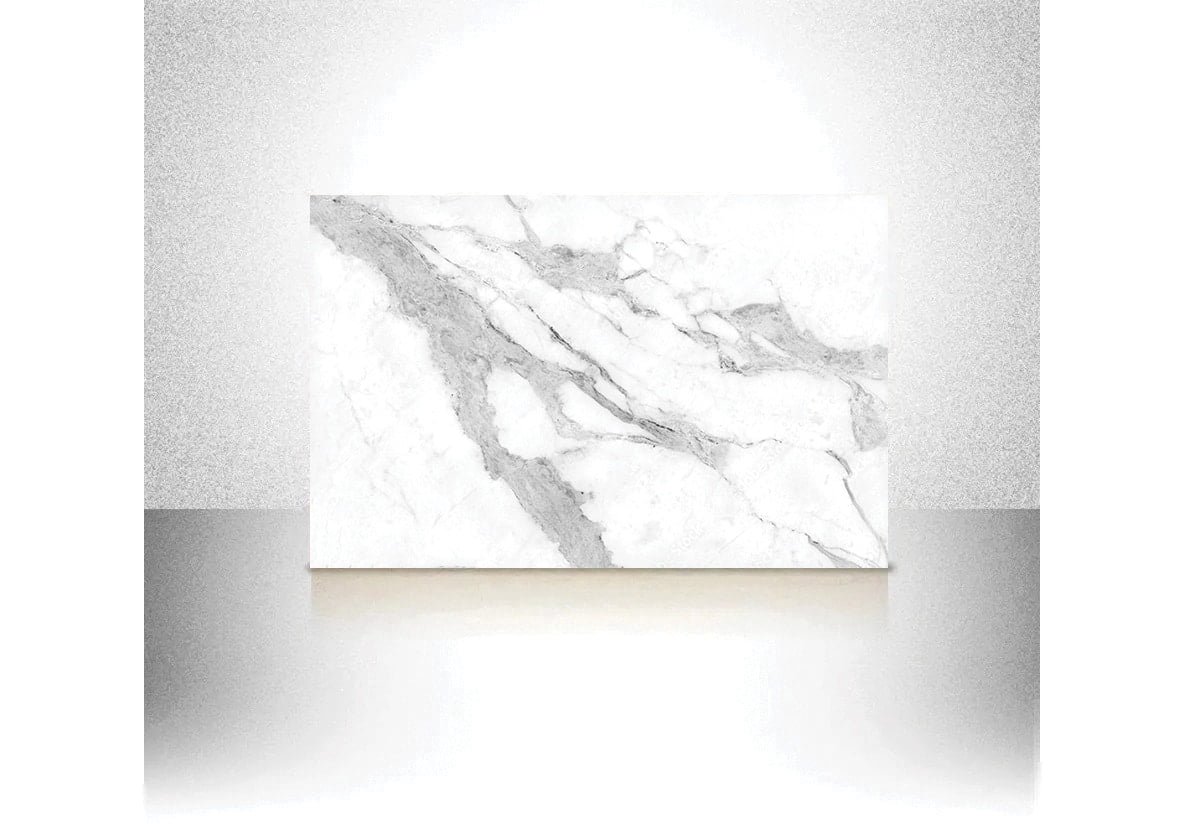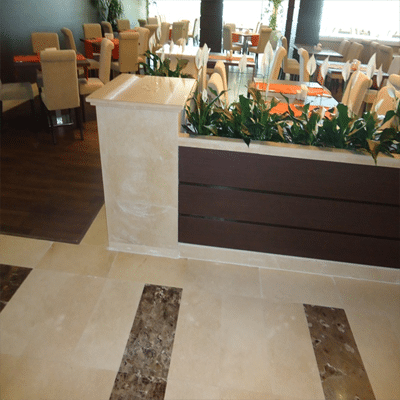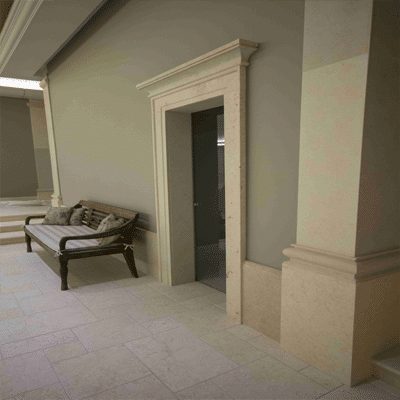Quartz Vs Granite





DETAIL INFORMATION
Quartz Vs Granite Specifications

| Product Name | Quartz Stone Floor And Wall Tiles Design |
| Item NO. | EML -M008 |
| Materials | Quartz Stone |
| Tile Size (mm) | 100×100 200×200 300×300, 600×600, 800×800,300×600, 300×900 |
| Slab Size (mm) | 2500×1400, 2800×1600 |
| Surface | Polished, Honed, Hammered |
| Thickness (mm) | 15-50 |
| Sample | Materials Sample Available |
| Primary Color | White |
| Usage | Interior Wall And Flooring Decoration, Countertop |
Quartz Vs Granite
Definition:
Granite is a natural stone that is quarried from the earth, while quartz is a man-made material made from a combination of natural quartz crystals and resin.
Chemical properties:
Granite is primarily composed of feldspar, quartz, and mica, while quartz is composed of natural quartz crystals and resin. Granite requires sealing to prevent staining as it is a porous material that, while quartz does not require sealing as it is non-porous.
Quartz vs Granite look:
Granite has a natural, unique look with variations in color and pattern that are determined by the quarry from which it is sourced. Quartz, on the other hand, can be produced in a virtually endless variety of colors and patterns, including mimicking the look of natural stone like granite or marble.
Applications and uses:
Both granite and quartz are commonly used for countertops, flooring, and wall cladding. However, due to its porous nature, granite may not be ideal for certain applications, like in wet areas, where it may require more maintenance.
Advantages:
Granite is a natural material with a unique, one-of-a-kind look, while quartz offers a wide range of colors and patterns that can be customized to fit any design style. Granite is also heat-resistant, making it ideal for use in kitchens, while quartz is non-porous and easy to maintain.
Colors, sizes, and patterns:
Granite is available in a range of natural colors, including white, gray, black, and red, and can have a variety of patterns, including speckles, veins, and swirls. Quartz, as a man-made material, can be produced in a virtually endless variety of colors and patterns and can also be made to mimic the look of natural stone like granite or marble.
Installation and maintenance:
Both quartz vs granite require professional installation to ensure a proper fit and finish. Granite requires sealing to prevent staining and may require more maintenance than quartz, which is non-porous and easy to maintain with mild soap and water.
In summary, quartz vs granite have their own unique properties and advantages when it comes to home design and construction. While granite is a natural material with a one-of-a-kind look and heat-resistant properties, quartz is a man-made material that offers a wide range of colors and patterns and is non-porous and easy to maintain. Both materials can be used for various applications, including countertops, flooring, and wall cladding, and require professional installation and maintenance. Eventually, you choice between quartz and granite will depend on the design style, personal preference, and the specific needs of each application.

Quartz Vs Granite Application Show

Quartz Vs Granite
Quartz vs granite are popular materials used in home design and construction, with distinct differences in definition, chemical properties, exterior look, applications and uses, advantages, colors, sizes, patterns, installation, and maintenance. Your personal opinion and specific needs will be the core of your decision.
Please contact us for the type of finishing and treatment and our technical department will help you with your question.


Related Products
Please send your message to us


